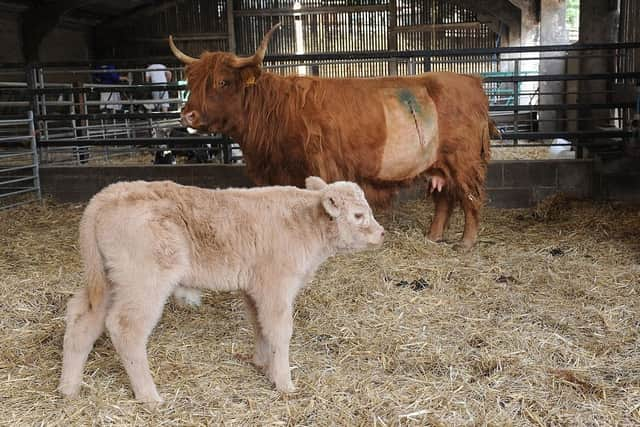Cannon Hall Farm’s A Farm Through Time: New Channel 5 show explores how farming industry has changed since the Iron Age
A Farm Through Time is Cannon Hall Farm’s three-part series which looks at how farming practices have evolved since the Iron Age.
The first episode was all about ‘digging for victory’ and explored what farming was like during wartime. Farming brothers Rob and Dave Nicholson visited the historic farm Tatton Park in Knutsford.
Advertisement
Hide AdAdvertisement
Hide AdHistorian Ruth Goodman and the Nicholson brothers relived what life was like for farmers while they fought to keep Britain fed during the war.


Farming was especially crucial during the Second World War; when conflict started, Britain encountered a potentially devastating food crisis as and down to farmers to make sure the people of Britain didn’t starve.
During the war, farming practices were quite traditional and old fashioned, with more than half of British farms entirely horse-powered.
Ruth reveals a revolutionary piece of wartime machinery to the farming brothers, the Fordson tractor, which helped farmers reach the government target of ploughing an additional two million acres of land within a year.
Advertisement
Hide AdAdvertisement
Hide AdAlong the way, they also step into the shoes (figuratively speaking) of farmers at the time facing the hardship of rationing, sleep overnight in an air raid shelter and learn how the Women’s Land Army became a vital part of the war.
In the next episode, aired on Thursday, August 25, at 9pm on Channel 5, Rob and Dave take a historical trip back to the Victorian era and the industrial revolution.
Comment Guidelines
National World encourages reader discussion on our stories. User feedback, insights and back-and-forth exchanges add a rich layer of context to reporting. Please review our Community Guidelines before commenting.
